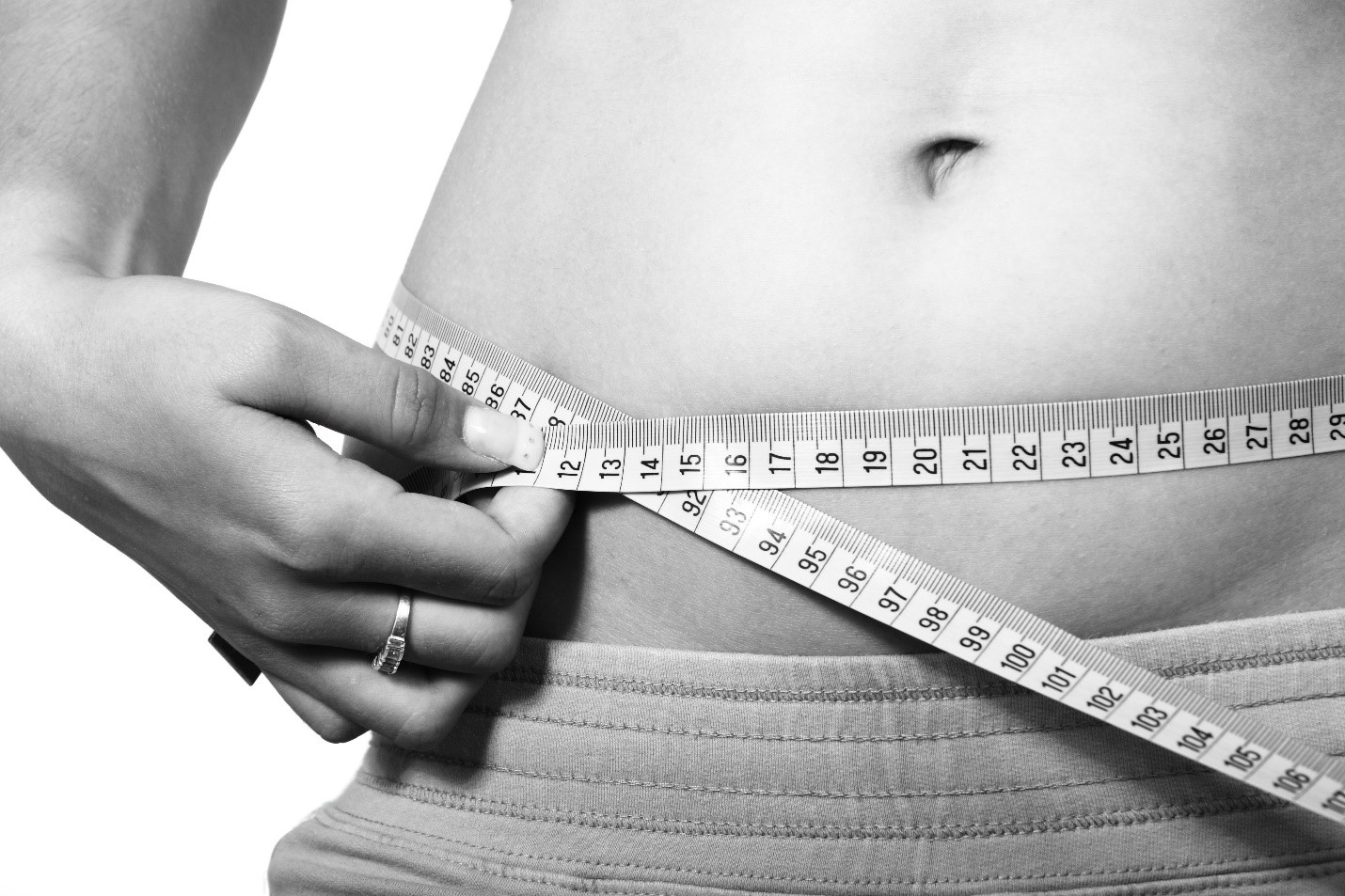The low-carb diet is becoming slowly accessible these days, with many people following meal plans that cut down on any form of carbohydrates and sugar to burn even more fat. It can be extraordinarily useful and holds a ton of health benefits, particularly in reducing the risk of diabetes or insulin resistance. Plus, it saves you a ton of calories (no more calorific bread and sugary junk!).
However, just like many other diets, there are a few obstacles you’ll run into. Yes, going low-carb isn’t just about restriction yourself from bread and pasta! It’s best to know the standard low-carb diet mistakes to avoid plateaus and reach your goals consistently.
Wondering what they are? Read on as I show you the top five mistakes!
Avoid These Five Common Low-Carb Diet Mistakes For Your Weight Loss Goals
1. You Overeat Protein
Protein is a crucial macronutrient everyone needs to stay strong and improve your satiety. It also helps increase fat burning compared to consuming fat or carbs. Consuming more protein can help with weight loss and improve your body composition.
BUT, low-carb dieters should take heed. Overeating protein can end up with you not being able to reach ketosis (a state of efficient fat burning).
Why? Those who consume more protein than what your body needs will be producing a lot of amino acids. Some of these amino acids contained in the protein you consume turn into glucose, through a process known as gluconeogenesis. As a result, you won’t be able to go into full-blown ketosis.
That’s why it’s best to consume a high amount of fat, moderate protein, and obviously, low carbs. Remember to count your macros efficiently!
2. You Don’t Replenish Your Sodium
The main benefit of low-carb diets is that you reduce your insulin levels. Another thing insulin would do is to tell your kidneys to hold on to sodium. With a low-carb diet, your body will begin to shed excess sodium and water with your insulin levels. It’s why low-carb dieters would experience less of bloat after just days of eating little to no carbs.
But you have to remember that sodium is a vital electrolyte your body needs. Without it, you’ll be feeling a lot of side effects such as headaches, tiredness, or constipation!
That’s why you need to add more sodium to your diet. You can do this without eating carbs, by adding salt to your dishes or drinking broth every day.
3. You Skimp On Vegetables And Overeat Fat
Vegetables are mostly filled with carbs, but that doesn’t mean you should skip it! Yes, your mom was right. Not eating your fruits and vegetables will have you feel wrong and won’t work in the long run. Plants are low in calories and because of that, minimal carbs as well. Fruits low in sugar help you as well. I recommend that you consume more fruits like avocados or berries, as well as dark leafy vegetables.
Also, overeating fat can hinder your weight loss goals. So besides counting your macros, don’t forget your calories!
4. You Don’t Plan Or Have Patience
During the first few days of your low-carb diet, you’ll most likely have a difficult time quitting some old habits. That’s why it’s best to plan and have your meals rather than to wonder what you should have next mindlessly. If that’s the case, the more of a chance you’ll go back to what you used to eat.
I would recommend that you have a meal plan and shop ahead. Batch-cooking helps and will keep you from cheating. Stick to your meal plan and stay patient and you’ll see changes within weeks.
5. You Check Out Low-Carb Food
Just because it’s low-carb doesn’t mean it’s super healthy! Meal replacement bars or low-carb treats that claim it’s low in sugar contain maltitol, which is a chemical as dangerous as sugar. This is a carbohydrate would affect your blood sugar and can hinder your goals. I recommend that you stick with making your meals and eating natural food to reap its health benefits.
Wrapping It Up
Following a low-carb diet shouldn’t be just about restricting and removing any form of carbohydrates! Just because you take a ton of ketone supplements and eat a bulk of fat, you won’t be losing weight if you don’t count your macronutrients or efficiently plan.
That’s why it’s essential to acquaint yourself not only with what you should do but what you need to avoid following as well. Through learning these common low-carb diet mistakes, there won’t be a problem with reaching your weight loss goals.
For those who want to know more about low-carb diets or to share their experiences, do comment down below. All your contributions will be much appreciated!
Author’s Bio:
My name is Layla and I’m a writer at Howtonight.com – lifestyle blog which mostly focuses on health and nutrition but we also publish articles related to pets, travel, and entertainment.



Leave a Reply